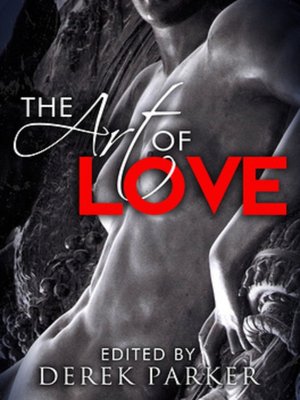
Sign up to save your library
With an OverDrive account, you can save your favorite libraries for at-a-glance information about availability. Find out more about OverDrive accounts.
Find this title in Libby, the library reading app by OverDrive.



Search for a digital library with this title
Title found at these libraries:
| Loading... |
All sex is here.
Poetry has nothing to learn from prose, as far as eroticism and pornography are concerned. A glance through this book will prove that there's no aspect of sex – straight, gay and anything in between - which isn't given full rein: from dressing to undressing, from seduction to near-rape, from foreplay to orgasm.
Men and women have enjoyed fucking since humankind first stood on two legs – and very possibly even earlier than that. And even before the invention of writing they have made up rhymes about that particular pleasure. But the poems don't just celebrate the pleasure – they show us (as if we didn't suspect it) that there's nothing new where sex is concerned.
Time and again, the poet imagines an insatiable mistress. When he has fucked the girl almost to death, the country lover imagines her wanting more: 'My joys do now begin:/ Oh, dearest, quickly, to't again.' And if it was the lover who couldn't get it up for a third or fourth time, the voracious mistress had her ways of enlivening the recalcitrant cock: 'the nymph found her pleasure too great to restrain/ And with kindness excessive, she killed me again.'
There really is nothing we can teach our forebears: though sometimes disguised, almost everything a man can or would do with or to a woman – and vice verse – is somewhere in these verses, though perhaps disguised: an eighteenth century poet would have been chary of describing anal sex in so many words, or for instance his desire to ejaculate on his mistress's breasts – but both cravings are there if you look for them. And the language is often amazingly unrestrained – so frank, indeed, that the poems would sometimes not be published until three centuries after the poet's death. Finally, the beauty and lovingness of good sex is celebrated on every other page, and its fulfillment:
'Were the bright day no more to visit us,
Oh, then for ever would I hold thee thus,
Naked, enchained, empty of idle fear,
As the first lovers in the garden were.'






